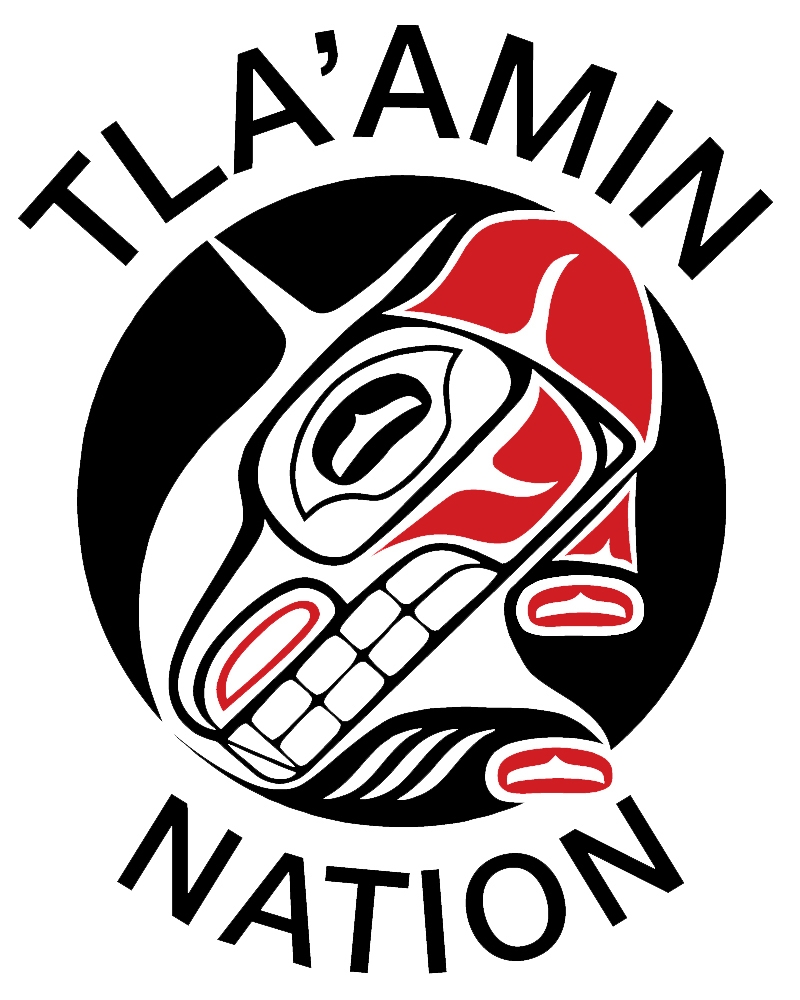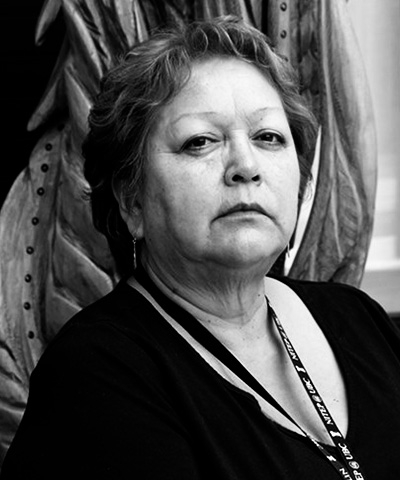
Canada
Canada Case Study
The Canadian case-study for the Solving-FCB project is being led by Tla’amin Nation, who are directing questions around the process of envisioning a ‘desirable’ future in a way that reflects climate-adaptive fisheries.
Tla’amin Nation has articulated the broad strokes ‘desirable’ futures vision in their modern-day treaty Final Agreement, and are implementing this vision in part through the Tla’amin Nation’s 2023–2028 Comprehensive Nation Plan, Goal 19 (Lands and Resources) is to “improve Tla’amin Food Security”. In this work on self-determination are commitments to:
Increase access to traditional and nutritious foods for Tla’amin people and families
Increase food security skills among Tla’amin people and families
Measures of success for this include:
Food security increase for Tla’amin people
Tla’amin people report increased gathering of traditional foods
Tla’amin people report increased consumption of traditional foods
Knowledge transfer to younger generations.
To do this Tla’amin leadership has committed to:
Establish a cross-departmental food security promotion and access plan involving hunting, fishing, and harvesting activities, and community gardening
Run education programs that train Tla’amin people in food security, and harvesting skills
Develop policies on food security
Hire Tla’amin people to hunt, fish, and gather and farm for community distribution
Develop a consistent approach to sourcing and distributing traditional foods to Tla’amin people on and off Tla’amin lands

Find out more about the ɬaʔamɩn (Tla’amin) Nation on their website.
Solving-FCB’s Role
The Solving-FCB project is intended to directly help provide good information in relation to these goals. We will be doing qualitative research related to the implementation of the modern-day treaty, with an eye to evaluating how the spirit and intent of what was negotiated is being honored.
We have heard many times from Tla’amin community members that in terms of fisheries, that the Crown is not living up to the Treaty commitment. This has a major impact on food security. The qualitative research around treaty governance and food security is closely connected to a series of other long-term projects, including:
These provide key longitudinal background from dietary research, socio-ecological determinants, and traditional knowledge to understand food security in the community.

Team

April Treakle
ɬaʔamɩn (Tla’amin) Nation View Profile

Denise Smith
ɬaʔamɩn (Tla’amin) Nation View Profile

Sachiko Ouchi
ɬaʔamɩn (Tla’amin) Nation

Nicole Meier
ɬaʔamɩn (Tla’amin) Nation View Profile

William Cheung
University of British Columbia View Profile

Brian Thom
University of Victoria View Profile

Laurie Chan
University of Ottawa View Profile

Karen Fediuk
Independent (Website) View Profile
Canada Case Study: Overview
Home » Case Study » Canada Case Study: Overview February 29, 2024 / September 16, 2023 by Jacqueline Boivin
The Tla’amin First Nations resides just north of Powell River (situated east across the Strait of Georgia from Courtenay on Vancouver Island). The Tla’amin are considered to be a Coast Salish tribe and their history stretches 4000 years into the past. From their website:
“today, our community has over 1100 members with the majority living in the main village site in Sliammon”.
Their economic, political systems and spirituality are based on a connection with the traditional territory of their ancestors.
The Tla’amin First Nations have partnered with UBC to adapt their seafood systems for nutritional security and environmental stewardship in the face of climate change. Tla’amin Nation has participated in previous UBC studies, for example:
“Tracing climate impacts using participatory systems mapping: informing adaptation for a marine food system in the Tla’amin First Nation.”
In this study, it was noted that:
“effective adaptation strategies also need to be developed in partnership with community members to identify people’s values, needs, and knowledge of local system dynamics and challenges.”
The upcoming case study will also rely upon traditional knowledge, as related to the historical and contemporary uses of marine resources by Nation members.
Goals
The case study aims to achieve three main goals:
Achieve and enhance food security to help with recognizing aboriginal rights and self-determination. This is also related to the pressing issues of climate and biodiversity.
Build nexus-informed adaptation pathways to sustainability (meaning at the meeting point of food security, climate mitigation, biodiversity and conservation)
Develop procedures and toolkits for implementing the “nexus approach” to tackle sustainability challenges. These procedures and toolkits will be co-created with case study participants from the Tla’amin nation.
These goals will be achieved with the help of the Solving FCB partnership, an international and interdisciplinary research group whose members will develop and integrate scenarios and human-natural systems modelling. The research will be participatory in nature where traditional knowledge will be co-developed in expert focus workshops.
For previous workshops created by Tla’amin Nation, please view the cultural awareness workshops available here:
(Add links if available)
Additionally, a framework of how to approach food, sustainability and biodiversity challenges will be co-developed with the Tla’amin Nation to support decision-making. Decision-making tools will be developed as part of these focus workshops and will be developed along with a synthesis of scenarios development.
As the study is going underway, the results and methods will be communicated on both the Solving FCB and Tla’amin Nation websites.
Last updated

